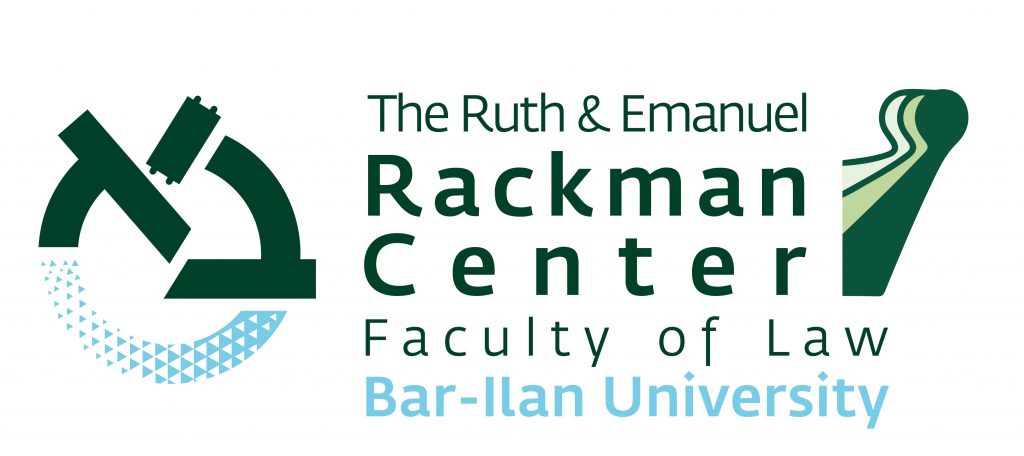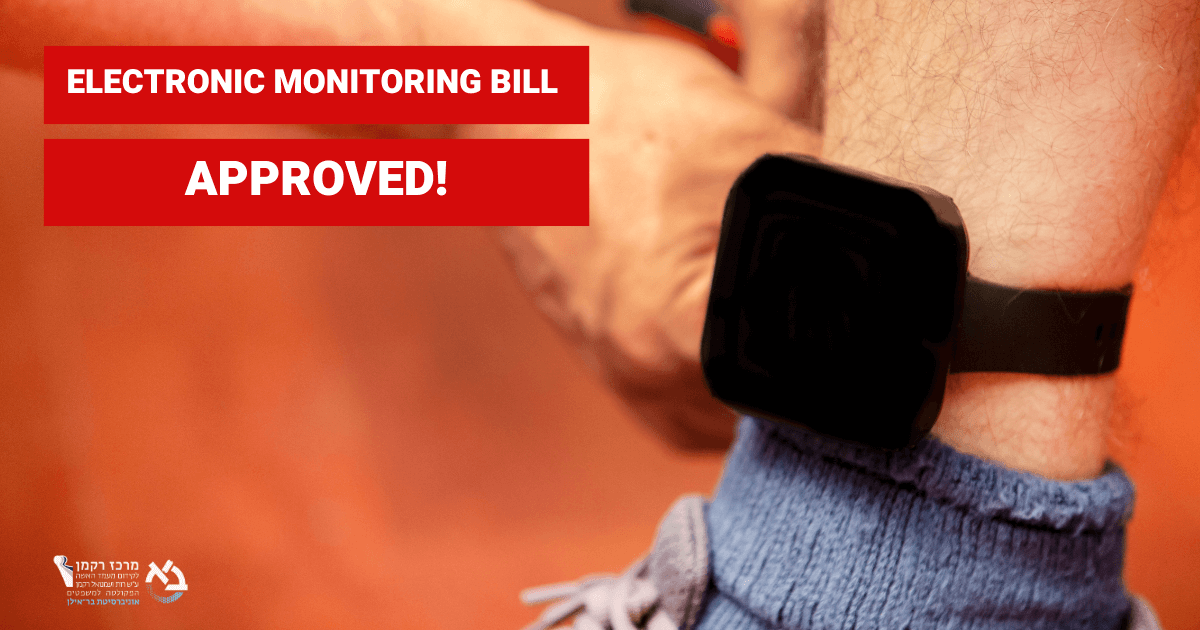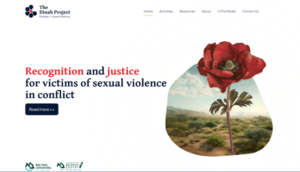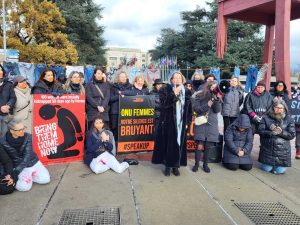Yesterday, the Knesset passed the bill for electronic supervision of perpetrators of domestic violence. Once the bill goes into effect (in a year), judges will be authorized to issue a warrant for electronic monitoring devices in cases where certain preconditions are met. In urgent cases, the judge is authorized to issue the warrant even if these preconditions are not met until the perpetrator’s threat level is assessed.
The Rackman Center has been at the forefront of promoting this bill for nearly 10 years in every possible way (preparing numerous drafts, position papers, meetings with decision makers, meetings with professionals teams in the different ministries, presenting in committee hearings, letters to the Prime Minister and more).
Throughout this period, we worked in cooperation with a number of groups and individuals. We especially wish to thank MK Aida Touma Sulieman, MK Merav Ben Ari, MK Na’ama Lazimi, MK Yoav Segalovich, MK (former) Keren Barak, MK (former) Michal Rosin, MK (former) Aliza Lavie, to the Chairman of the Authority for the Advancement of the Status of Women (former) Ayelet Razin, to the professional teams in the Ministry of National Security, the Ministry of Justice, the Ministry of Welfare and the legal advice of the Committee for National Security who worked on the preparation of the law, on their commitment to the fight against violence against women and on their commitment to leading the law . We also are grateful to the women, victims of violence, who came to the hearings, sat through interviews, prepared writings and shared their stories to promote this important law.
Now that the bill has been passed, we are turning our efforts to ensuring its implementation and working to amend its shortcomings. For example, the law allows for only 200 warrants for electronic devices to be issued at one time, a judge cannot extend a warrant beyond 16 days without a risk assessment and there is a limit to only 300 assessments per year and there is an insignificant budget to implement the law.
We realize that progress, especially today in Israel, comes in steps. Compromise is not easy, but it is necessary even when we strongly disagree with the government and its other policies. It is for this reason that the Rackman Center established our commitment at the beginning of the year to a dual-track approach to working with the government: 1) To flag out and stand strong against policies that we deem harmful to women and the status of women in family law in Israel while 2) Promoting policy together with the government on matters where there is common ground to promote women’s rights and protect women in Israel. We stand by this strategy and, because of it, we continued to promote this law.
Finally, we wish to thank our partners and friends whose support allowed us to reach this meaningful achievement. Women today in Israel are safer because of your commitment to the Rackman Center and to them.






